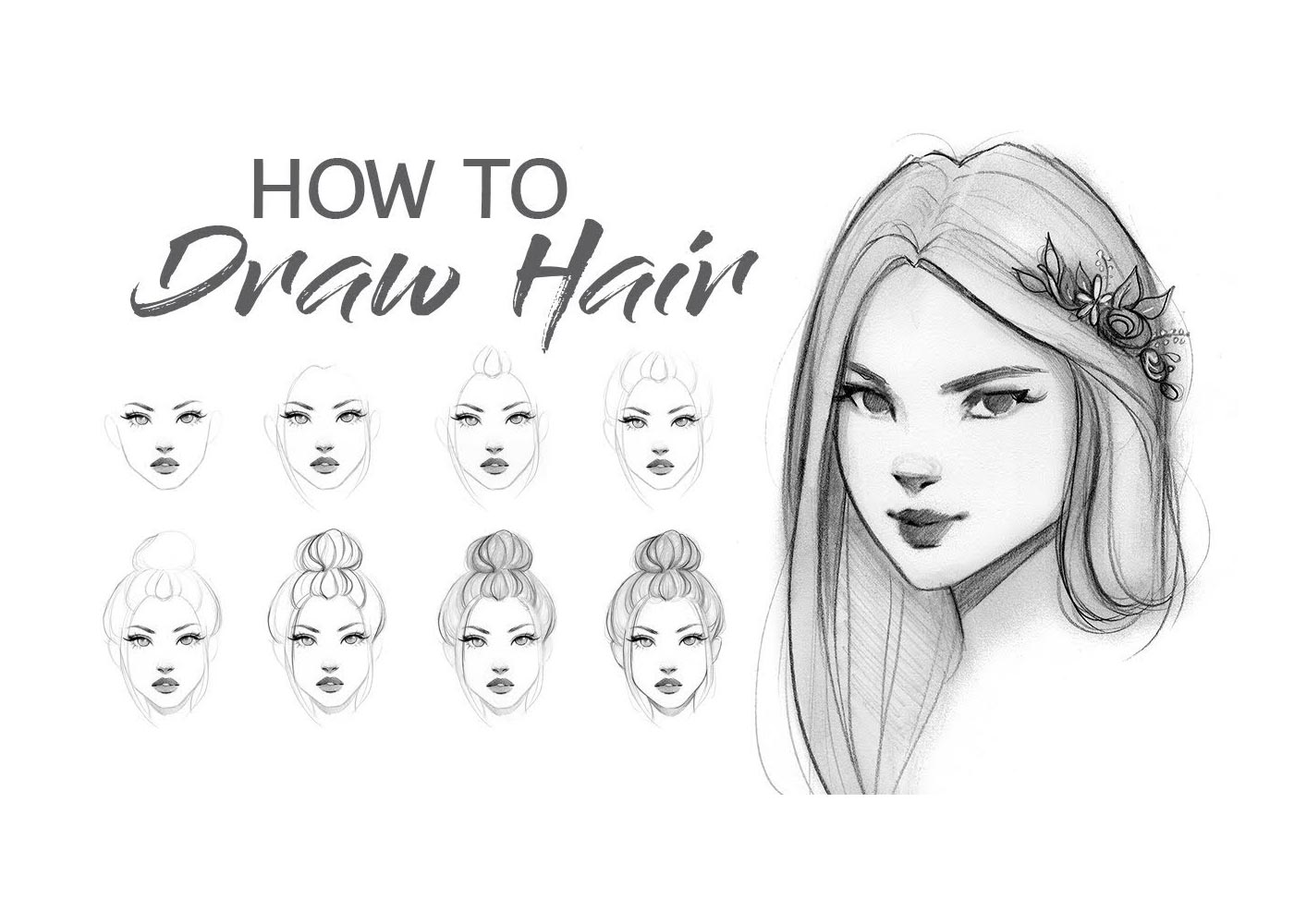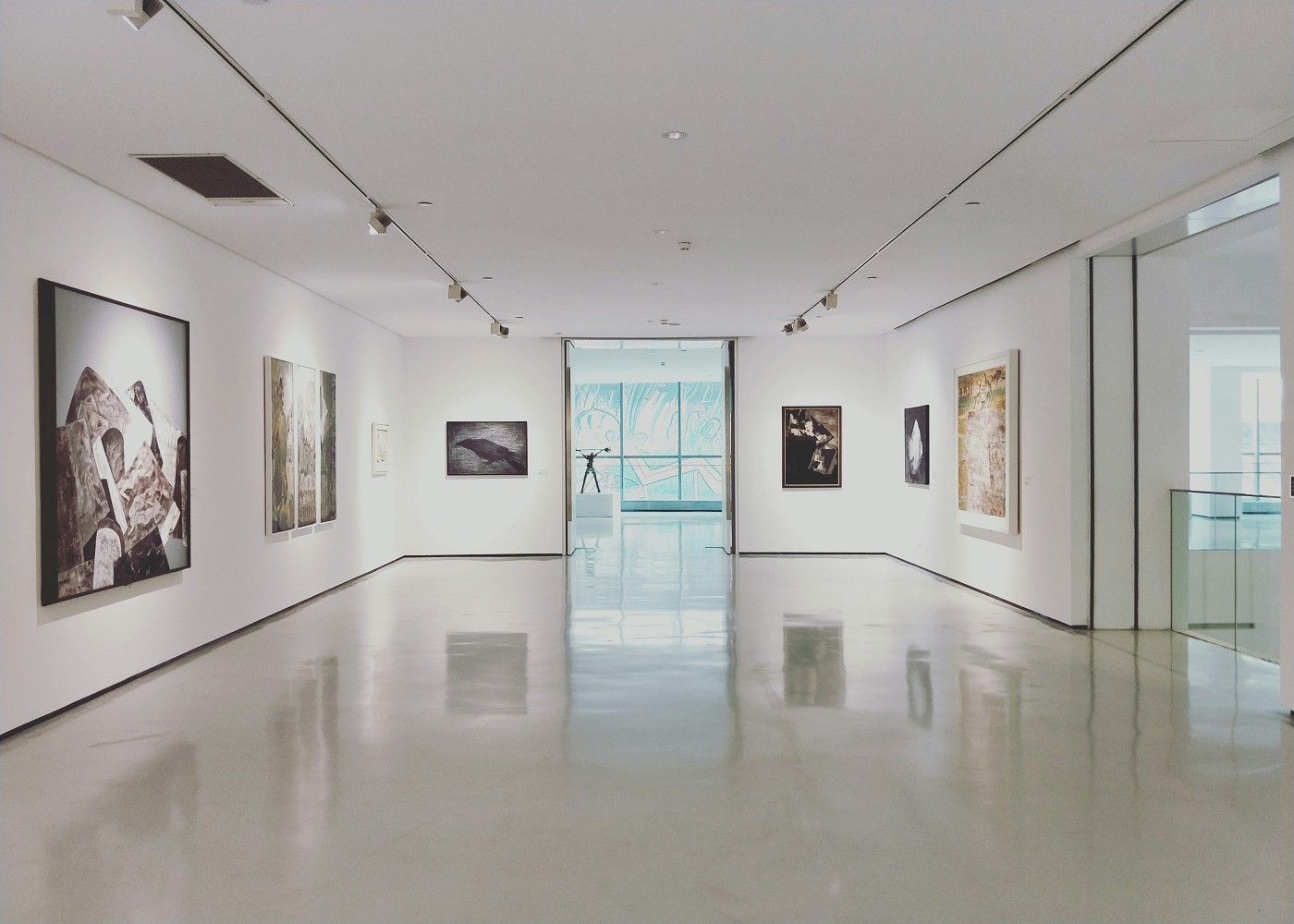Hair possesses an enchanting quality that adds depth,
character, and life to any drawing. Whether you're an aspiring artist or a
seasoned sketcher, the ability to skillfully depict hair can elevate your
artwork to new heights. In this guide, we will embark on a journey together,
exploring the techniques, tips, and tricks required to master the art of
drawing hair. So, grab your pencils, unleash your imagination, and let's delve
into the captivating world of tresses.
1. The Foundation of Great Hair: Understanding the Basics
Before diving into the intricacies of hair, it's crucial to
grasp the foundational principles. Hair is not just a collection of lines; it
possesses texture, movement, and volume. Take a moment to observe the various
types of hair around you. Notice how light dances on its surface, how it flows
with the wind, and how it cascades in unique patterns. Understand that each
strand has a story to tell, waiting to be unveiled on your canvas.
2. Lines and Strokes: Building the Structure
To bring hair to life, one must embrace the power of lines
and strokes. Just as a composer uses different musical notes to create a
symphony, an artist employs varied lines and strokes to sculpt magnificent
hair. From straight and sleek to curly and wild, the possibilities are endless.
Imagine your pencil as a conductor's baton, orchestrating a
symphony of lines. Begin with loose, flowing lines to outline the general shape
and direction of the hair. As you gain confidence, gradually refine the lines,
capturing the unique contours and nuances. Remember, hair is not rigid”it has
movement, so let your strokes reflect this dynamism.
3. Shades and Shadows: Adding Depth and Dimension
Like a master magician, an artist must conjure the illusion
of depth within their artwork. Hair, with its interplay of light and shadow,
offers a captivating canvas for this illusion. By skillfully incorporating
shading techniques, you can breathe life into your drawings and make the hair
appear tangible.
Consider the lighting conditions in your artwork. Is it
bright sunlight, casting distinct highlights, or a dimly lit room, creating
mysterious shadows? Use your pencil as a paintbrush, delicately layering shades
to create depth and dimension. Remember that hair is rarely uniform in color;
it possesses highlights, lowlights, and subtle variations. Embrace these
variations and watch as your artwork transforms into a mesmerizing masterpiece.
4. Textures and Details: Capturing the Essence
The beauty of hair lies in its intricacies”the delicate
strands, the subtle textures, and the fine details. To create truly remarkable
hair, pay attention to these elements and infuse your drawings with their
essence.
Experiment with different pencil pressures, creating varied
textures to mimic the silky smoothness of straight hair or the voluminous chaos
of curls. Observe closely the subtle wisps, stray strands, and flyaways that
add a touch of realism. Let your pencil dance upon the paper, breathing life into
every intricate detail.
5. Practice, Patience, and Perseverance: The Journey to Mastery
Rome wasn't built in a day, and neither is artistic mastery
achieved overnight. The path to mastering the art of drawing hair requires
dedication, practice, and a willingness to embrace the journey.
Devote time to regular practice sessions, exploring
different styles and techniques. Analyze the work of established artists,
studying how they capture the essence of hair. Learn from their techniques, but
also dare to forge your own artistic identity. Remember, each stroke of your
pencil is a step forward in your quest for excellence.
Conclusion:
As we reach the end of our artistic voyage, you are now
armed with the knowledge and tools to unlock the magic of drawing hair. Embrace
the adventure, embrace the imperfections, and watch as your drawings come alive
with captivating tresses. So, dear artist, grab your pencils, let your
imagination run wild, and paint the world with your masterful strokes. Unleash
your artistic prowess, for the world eagerly awaits the wonders you shall
create.
If you wish to contribute to our blog, please email us on morhadotsan@gmail.com.






















